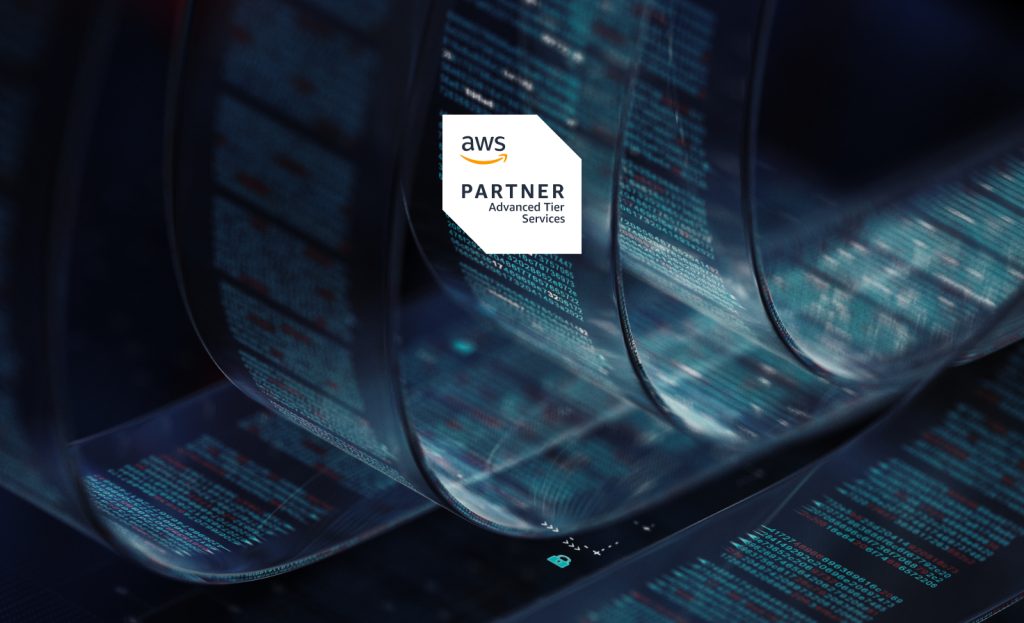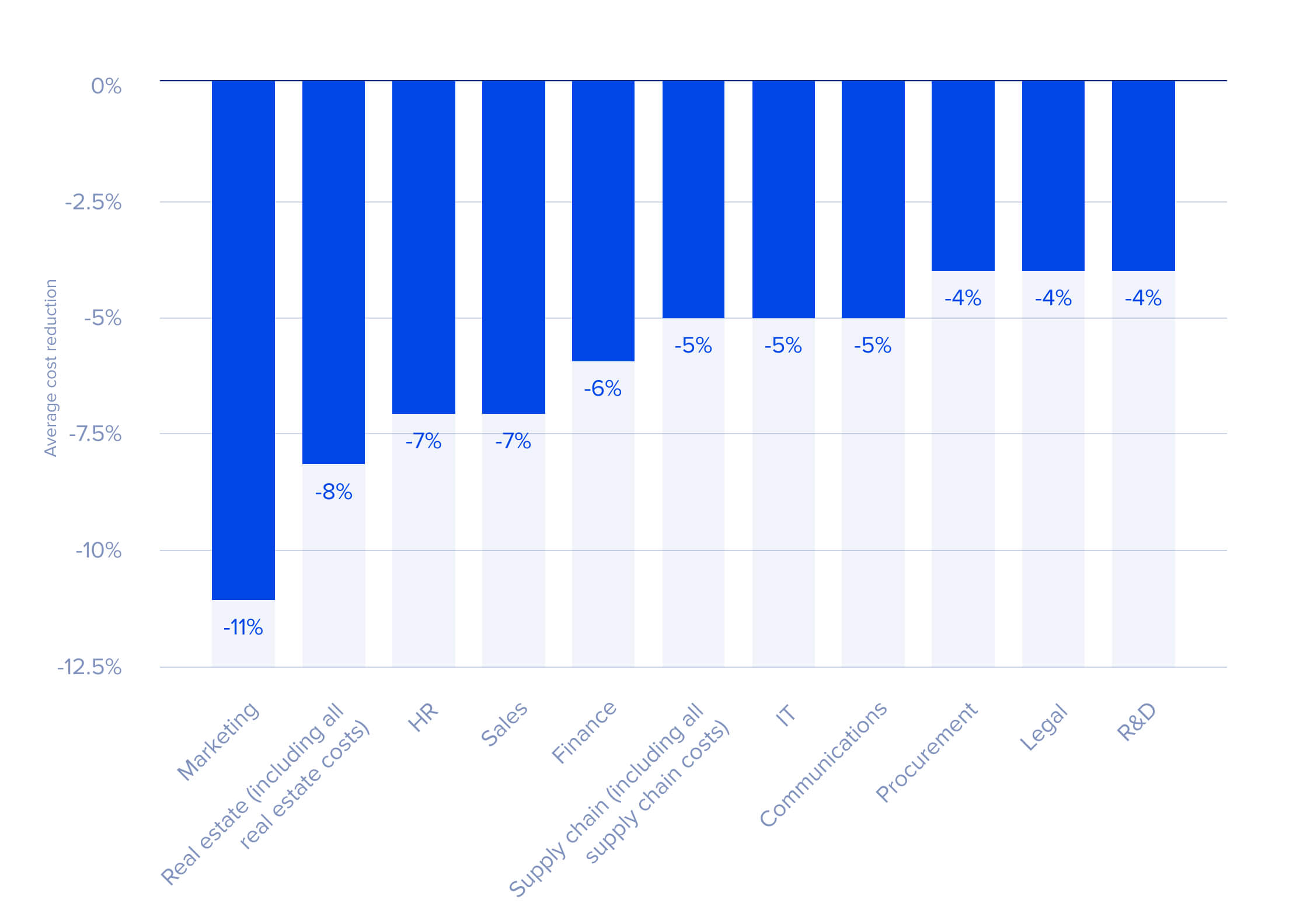
Every enterprise uses data in its day-to-day operations. Here’s a brief guide to how businesses can leverage data monetization to benefit optimally from their information assets.
During the ongoing COVID-19 pandemic, many companies have focused on cutting costs and creating additional sources of income. This has often resulted in putting promising innovation projects on hold, liquidizing assets and even letting staff go. But there often is a way to generate additional income without making such drastic changes or significant investments.
Basic monetization mechanisms
Nowadays, information is one of the most valuable resources at the disposal of companies. Data monetization is the process that allows valuable data within companies’ business operations to be turned into new revenue streams. According to Gartner, integrating data and analytics into key business roles is among the top trends for 2021.
The increasing need to get valuable insights from raw data opens many opportunities for data monetization vendors. According to MarketsandMarkets research, the global data monetization market was valued at $2.3 billion in 2020. It is growing rapidly and is set to reach $6.1 billion by 2025.
Direct and indirect data monetization approaches
IoT solutions and other digital technologies allow businesses to gather a massive amount of data that offers insights into consumer demographics, preferred products, sales performance, etc. There are two main data monetization strategies: direct and indirect.
Indirect data monetization involves leveraging these information insights within your business processes to predict demand, cut waste, segment customers and optimize price and supply chain, etc.
Direct data monetization implies exchanging data-derived insights for money or cryptocurrencies, directly turning them into income-generating assets. Direct data monetization is often part of long-term roadmaps, yet it always seems neglected, coming after everything else, including blockchain adoption, AI and hyper-automation in terms of priority.
Even though the market is expanding significantly, according to the BI Survey, only 25% of large organizations and 9% of small companies have actually launched data monetization initiatives. Companies are sitting on millions of dollars of potential revenue benefits from data monetization, and only a handful of them are actually making it a reality. Most of the time, the reasons why companies postpone monetization of their data are trivial, like the fact that they have never done it before.

Use cases for data monetization
There are many types of data that can be sold – from raw sensor data to insights obtained by analytics teams. Data that can be turned into a product differs greatly for each industry. For example, in insurance industry, customers’ claims histories are widely used for identifying fraud. In media and entertainment, anonymized customer data can be used to find behavioral patterns and target the right audience. Here’s a brief showcase with real-life examples of how companies monetize data products:
- DTN. The agriculture software company focuses on subscription-based services for the analysis and delivery of real-time data. It has created a cloud-based data tool for sharing information like field-level weather and commodity prices with agricultural businesses.
- Vodafone. The mobile communications provider uses anonymized data to get insights about users’ mobility patterns. The gathered information can then be leveraged by the tourism sector to understand both national and international tourists’ behavior, or by the real estate industry for site planning.
In fact, data monetization has been a lucrative business for many telecommunication companies for years, including T-Mobile, Swisscom and others. Another example is NOS SPGS — Portugal’s biggest communications and entertainment group which monetizes anonymized phone data once a traveler enters the country and use its infrastructure."We are proving the power of data-driven phone record monetization as a new business model." João Moreira, Head of Corporate and Public Administration at NOS SPGS
- Uber. With the user’s permission, the ridesharing service can sell location data to food and retail industry players. Other companies can leverage this data to provide discounts and promotions personalized to the specific customer.
- Michelin. The company’s main activity is manufacturing of tires; however, it also provides digital services and publishes maps and guides to help enrich trips and travels. In order to expand their offering for B2B customers and acquire new revenue streams the company sells both raw tire data (temperature, pressure, GPS, mileage) and insights to study driving behavior.
- Dunnhumby. This is an analytics company and subsidiary of Tesco. The majority of company profits comes from selling customer analytics insights, which helps retailers and brands to improve customer experiences. Nestle, Unilever, Metro, Danone are among many clients of Dunnhumby. The company’s annual revenue reached $444 million in 2019.
- Monsanto. In 2012 Monsanto (part of Bayer since 2018) bought the Climate Corporation — a data analytics platform developed to help farmers improve their productivity using gathered insights. In 2020, the Climate Corporation revenue reached $100 million. Nowadays, the company uses FieldView a platform to turn data generated on a farm into additional income.
Preparing for data monetization
Before starting on the path to data monetization, pay attention to the following data monetization strategy components:
- Licensing and unauthorized usage. You can ensure that your data cannot be resold legally by creating a proper license. But, it is quite a challenging task to identify those consumers that have breached the licensing term. Some data vendors find it one of the most difficult problems to address. Fortunately, there are many techniques for detecting unauthorized usage. Should you need any extra information on this topic, please let us know in the comments below and we'll be happy to answer your questions.
- Data privacy. Each data vendor must follow new data protection laws, like GDPR, that enforce the protection of personally identifiable information.
- Competitive advantage. Selling the data that gives you an edge over your competitors is not a wise decision. Determining what data can and cannot be monetized is challenging but vital.
- Marketing. Without a doubt, creating a digital marketing solutions for data monetization is pivotal. It includes consumer and market analysis, review of your competition, and, of course, marketing mix (product, place, promotion and price), among other things. Please keep in mind that there are also ways to avoid explicit pricing of assets.
- Data quality. This is a vital component of any monetization strategy. It makes consumers trust their vendor, which can be the difference between having dozens of clients and having thousands of clients. And as with documentation, focusing on data quality results not only in a better customer experience but also in internal gains.
- Using data marketplace vs your own infrastructure. There are different pros and cons of using both methods. For example, publishing your data to a marketplace makes it easy for marketplace users to discover and requires fewer infrastructure resources, while distributing it on your own grants you much more flexibility in terms of pricing options, etc. Marketplaces include specialized companies like Ocean Protocol and Datarade, as well as software vendors like Snowflake. Informatica has also jumped on the bandwagon of data monetization.
- Scalability and availability. Make sure that your data is accessible to consumers all the time, and that it is distributed to all of them without any degradation in speed to provide a better user experience.
- Documentation. The importance of thorough documentation must not be underestimated. Not only does it greatly benefit the consumer, but it also adds to the internal understanding of the data.
In practice, integrating LLMOps into these strategies helps organizations operationalize large language models on top of their monetization infrastructure—ensuring compliance, improving data quality pipelines, scaling delivery, and even enabling new AI-driven services that directly enhance the value of monetized data.
Key takeaways
Many companies have large amounts of unused data. And while these companies are sitting on a gold mine, very few of them decide to launch data monetization initiatives. Data that helps to develop and deliver new insights can identify new industry winners by boosting profits and creating internal value. Do not overlook your opportunity!

Related Insights








The breadth of knowledge and understanding that ELEKS has within its walls allows us to leverage that expertise to make superior deliverables for our customers. When you work with ELEKS, you are working with the top 1% of the aptitude and engineering excellence of the whole country.

Right from the start, we really liked ELEKS’ commitment and engagement. They came to us with their best people to try to understand our context, our business idea, and developed the first prototype with us. They were very professional and very customer oriented. I think, without ELEKS it probably would not have been possible to have such a successful product in such a short period of time.

ELEKS has been involved in the development of a number of our consumer-facing websites and mobile applications that allow our customers to easily track their shipments, get the information they need as well as stay in touch with us. We’ve appreciated the level of ELEKS’ expertise, responsiveness and attention to details.


